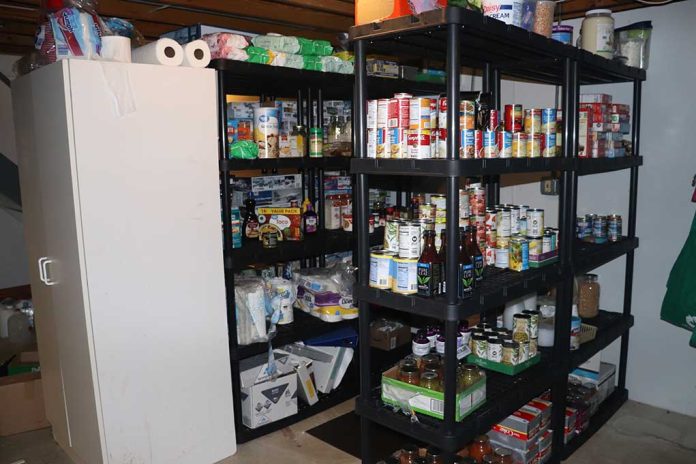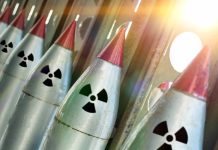
“Your First $1000: The Ultimate Beginner’s Guide to Prepping for Any Crisis” is a video designed to strip away the confusion and fears often associated with starting a prepper lifestyle. Presented by Les from the Chef Prepper Channel, this video is an insightful and grounded crash course in readiness. Les draws from more than twenty years of personal experience, methodically covering various aspects of emergency readiness including water, food, cooking, heating, and security. It’s a treasure trove of practical advice, presented without panic or sensationalism, targeting those who need clear, actionable information.
Summary – Essential Guide for Novice Preppers
The video kicks off by painting a realistic but not fear-inducing picture of potential crises that could hit – from power outages to illness outbreaks. Les emphasizes that acknowledging possible chaos is empowering rather than terrifying, encouraging viewers to take actionable steps now. He shares a prioritized plan on how to invest an initial $1000 into essential prepping materials. Les organizes this advice into considerable segments focusing on critical areas such as water, food supplies, cooking options, heating, power generation, security, and communication. The overall aim is to provide beginners with accessible entry points into each category without being overwhelmed by exaggerated myths or unrealistic goals.
Epic Moments – Dispelling Prepping Myths
Les offers a refreshing take that smartly dispels popular myths about prepping. “You don’t have to have a year supply of food to start with, but where do you start?” he states, adding a layer of realism to the oftentimes economically and logistically taxing requirements we hear about in mainstream prepping counsel. Another standout is his advice on security where he asserts, “Having a basic home security plan with the things you need to properly take care of your family and defend them will go a very long way.”
Our Reactions – Grounded and Practical
The video’s handling of the security topic stood out significantly. Security is broken down into something manageable and practical. Les advises beginners to simply start with something as fundamental as an emergency radio: “You’re going to want to receive news and information about what’s going on, and of course a way to do that is a good place to start for your preparedness communications is an emergency radio.” It resonated with the notion that initial steps should not feel financially debilitating nor provoke anxiety.
Critical Views – Room for Depth
While Les dives into a variety of essential categories, more depth in some segments would have been beneficial. For instance, his advice on lighting and hygiene seemed somewhat rushed and lacking substantial detail, potentially leaving viewers in need of more specific guidance or suggestions. It would serve viewers better if alternative solutions and more inclusive options were provided, especially for those on tighter budgets or with limited resources to practice these recommendations before an emergency occurs.
Conclusion – A Practical Roadmap
As a whole, “Emergency Preparedness for Beginners: Your First $1000 Guide to Prepping Essentials” effectively empowers viewers to begin their journey into preparedness with clarity and responsibility. Les’s rational approach is a call to action without fearmongering. “Every day that thing that is coming gets closer and closer,” Les reminds us, urging personal responsibility and proactive steps. For newbies or even seasoned preparers looking to benchmark their readiness, this video provides a worthwhile overview.

















